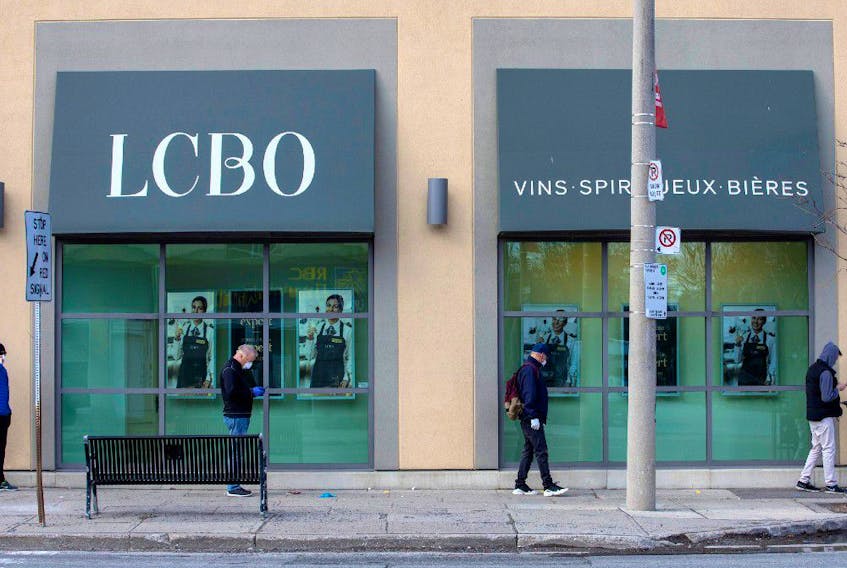On Tuesday our Joe O’Connor marked the prospective end of a federal tax break for Canadian winemakers introduced in 2006 by the party of free trade, then in power. The gift took the form of an exemption from federal excise duty for small vintners who use all-Canadian grapes and other product inputs.
“Since the program’s inception,” O’Connor wrote, “an industry of 300 domestic wineries has grown to include about 700, many of which are small labels producing small batches of premium, world-recognized vintages.” I don’t have much to do with wine myself, but this sentence gave me brief rapturous visions of a Canadian wine universe of unsuspected variety, interest and quality.
Then I asked myself “Wait, if they’re so terrific why would they need an exemption from excise duties?”
You know the answer. The point of the policy was not so much to make great wine but to create the small-batch cutie-pie participatory wine industry we have. Craft beer with grapes. The attitude of Canadian governments is that beer and wine are destructive social acids whose consumption should be discouraged with warnings and gigantic tax incentives, unless the stuff was made within 15 kilometres of you by a guy with a huge beard and a bunch of freecycled equipment, in which case it’s blitzed with subsidies.
But the various federal and provincial defence strategies for hobbyist wine outfits have attracted the notice of other countries, and Australia has been leading a group crying “J’accuse” (“Nous accusons,” I suppose) to the World Trade Organization (WTO). In order to keep the WTO process from getting into a serious trial, the federal government has now agreed to waive the excise-tax exemption and has encouraged a couple of provinces to make displays of good faith.
Ontario had different tax regimes and shelf-space rules for non-Ontarian wines, and it is easing off a bit. Nova Scotia’s liquor board will get rid of an “Emerging Wine Regions” policy for small wineries that marked up most imported wine by three times as much as the local stuff. The Nova Scotia government had tried to make this kosher under trade rules by allowing a few foreign vendors from unusual places like the United Kingdom to qualify for the lower markup, but the protectionist intention of the “Emerging Regions” chatter was always openly confessed within Nova Scotia. Sometimes I think bureaucrats are secretly our finest, most inventive creative artists.
Indeed, the people making the case for Canada at the WTO are obviously pretty clever themselves. In formal proceedings our representatives have tried to plead that Australian wine does pretty well in Canada in spite of everything, so what’s all the fuss, and, besides, it’s up to you Aussies to prove that our explicitly different treatment of imported wine is actually hurting your sales. Our reps also tried to stick up for Nova Scotia by arguing that the Nova Scotia Liquor Corporation isn’t the government, but a “state trading enterprise” that sets its own business policies in a businesslike way for business reasons, and that the differential markup isn’t really a tax or anything like one.
Australia’s response to this boiled down to “GATT’s supposed to mean equal treatment, ya drongos.” They’re probably wondering what is wrong with Canada, but it is no big secret, is it?
National Post
Copyright Postmedia Network Inc., 2020









